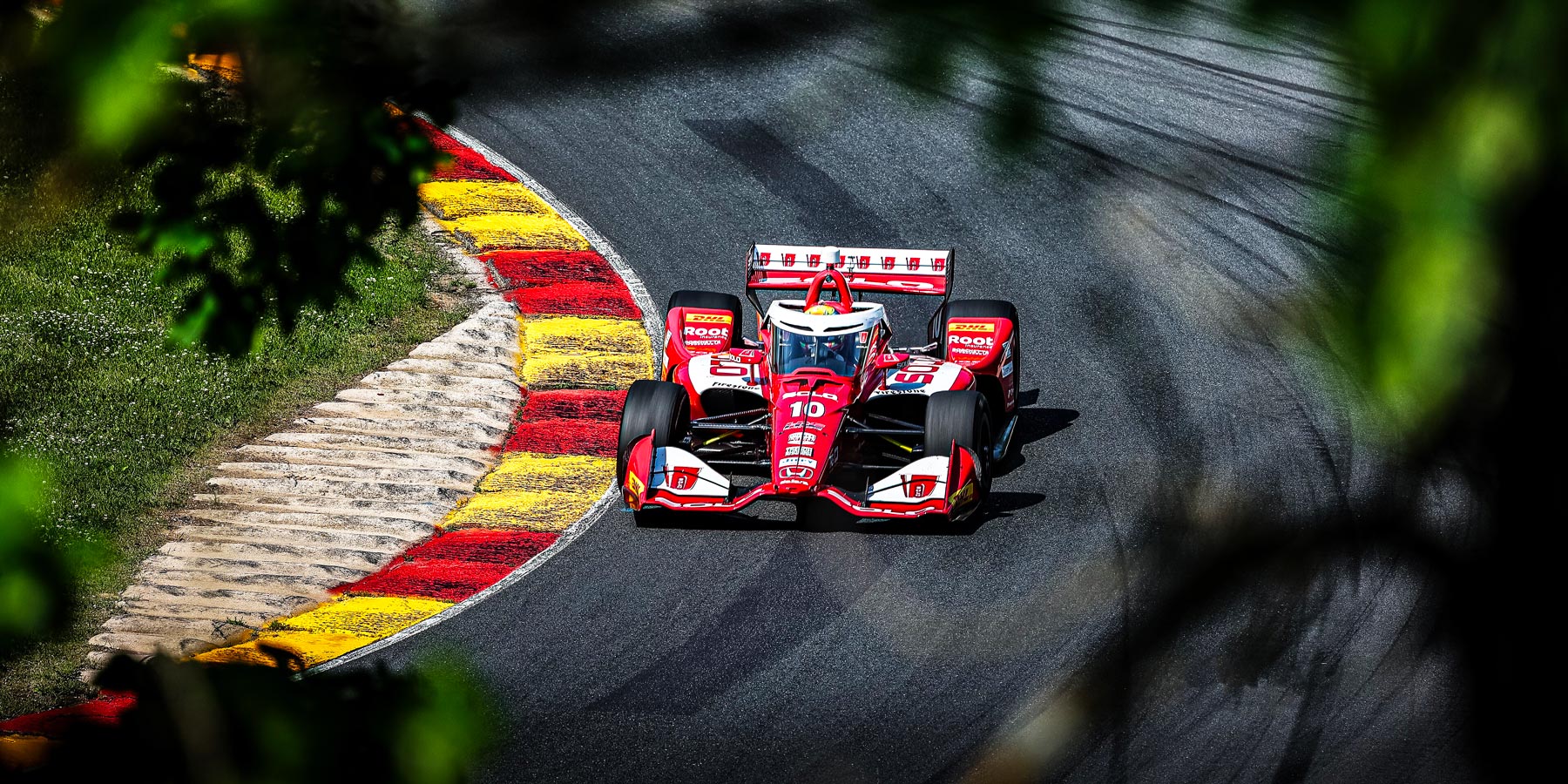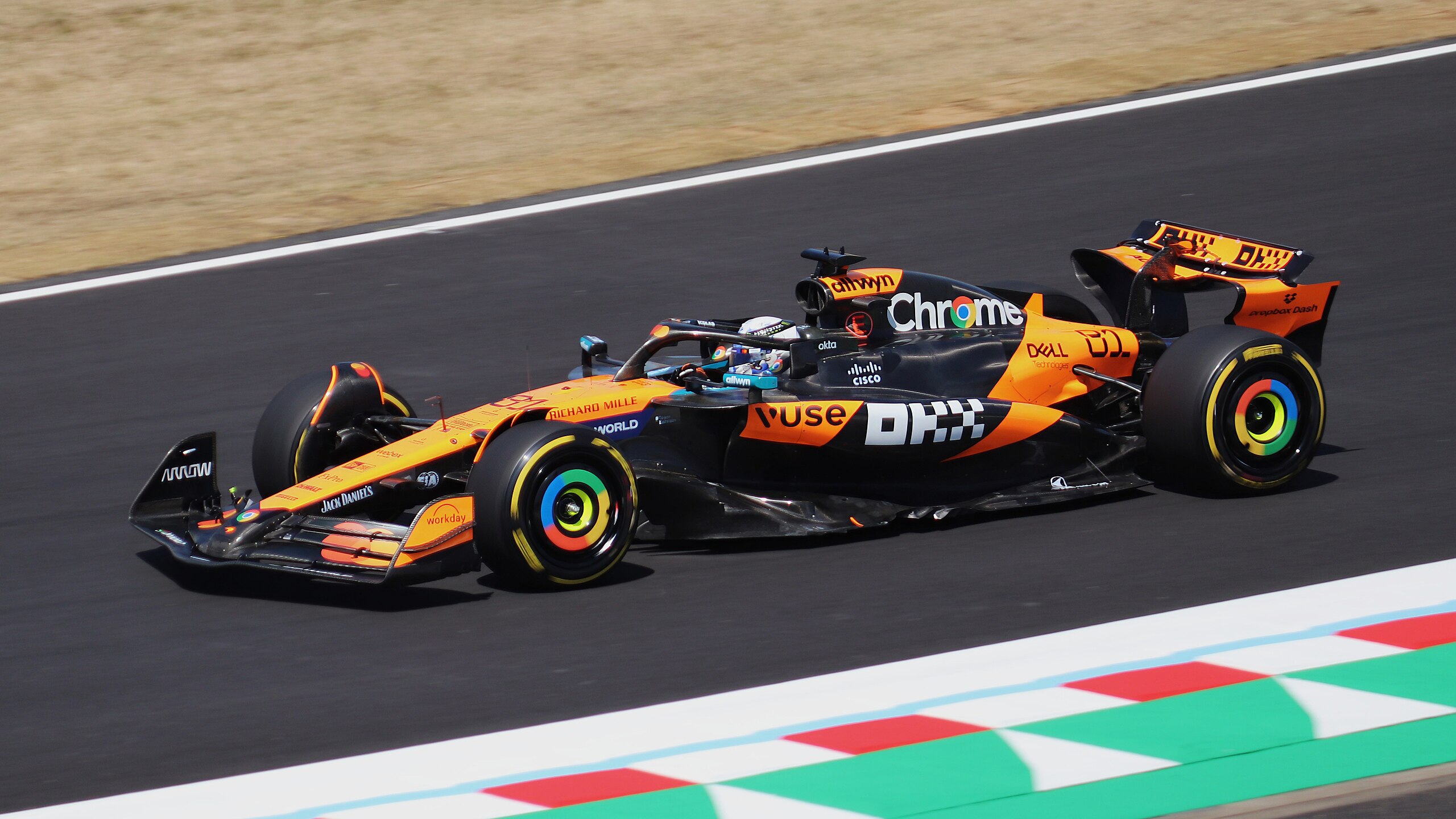Motorsport is exciting; the speed that is one of its essential components makes you shiver. The feeling of danger and the risk that drivers and riders run make these sports even more exciting. This is a common perception.
It is precisely speed that made us fall in love with our first bike. As kids, the risk and the feeling that not everything is under control have kept us company during the first descents in bobsleds or on skis. The adrenaline made us tremble and smile at the same time.
However, this component of hazard and risk is not always an ingredient loved by companies and sponsors. The fear is that the danger turns into tragedy and that the marketing benefits of sponsorship may turn into a boomerang that flies dangerously against those who threw it.
More than once we heard: “We like motorsports, but they are too dangerous. We cannot invest in such risky disciplines.” It is a common position, but it does not respond to reality.
What do the numbers say?
Are we sure that motorsports, and in particular F1 and MotoGP, are more dangerous than other disciplines or other activities that, at first sight, would seem light years away from the risk of an accident? Today I’d like to write about the risks and accidents related to motorsports. It is a very delicate and difficult subject to deal with, and we will address it starting from numbers.
We will take into consideration the last 40 years of the most important and popular world motor racing championships: F1 and MotoGP. We are writing about it after the Italian MotoGP round, which saw, in the Friday tests, Michele Pirro crashing at over 270 kph. The accident, fortunately, did not have serious consequences for the rider.
40 years of competitions
In the last forty years of racing, 6 drivers of F1 and 19 riders connected to the MotoGP championship have unfortunately died under the eyes of hundreds of millions of people. Painful losses that have marked the sport, losses though that have given the impulse—if we want to find something not negative—to change the rules, contributing to improving the safety of these disciplines.
Losses that pushed the manufacturers of protection and technical clothing to look for cutting-edge solutions and technologies. Frames, suits, helmets, and equipment in general have made great strides with an increase in the safety conditions of all participants.
The introduction of the Halo in F1 and the mandatory airbag in the MotoGP leathers show that even in 2018 a further step towards safety was taken. In the past, riders and drivers were more exposed; today things have changed for the better.
Comparing numbers
Given that even one victim is a victim too much, we want to ask a question: how many people have lost their lives skiing, falling off a horse, or doing artistic gymnastics or while playing football in the same span of time? And how can we compare these numbers to F1 and MotoGP? Strangely enough, motorsports—with a total of 25 deaths in 40 years—would seem to be much less dangerous than the aforementioned disciplines. Just think that in Italy alone, the victims of sports practice are at least 100 a year, as this investigation shows. And using a bicycle costs the life of one person every 35 hours. In addition, there are activities that we never expect to count among the most dangerous but which reap victims. One of these, go mushrooming, is more deadly than F1 and MotoGP put together
We attach an old feature of the Telegraph. The data are constant year after year. https://www.telegraph.co.uk/news/worldnews/europe/italy/7970438/18-people-die-in-10-days-picking-mushrooms.html
Obviously, these are silent massacres, taking place away from the cameras, which do not concern famous people and therefore do not have the media impact that a tragic event on live television inevitably brings with it.
In conclusion
The dangerousness of certain sports is a delicate subject and not easy to treat without running the risk of appearing cynical. The truth, however, is that the subject of the dangerousness of motorsport does not apply to sponsorship and business. Formula 1 and MotoGP are no more dangerous than football, cycling, downhill, and so on. On the contrary, the motorsport disciplines have significantly contributed to the improvement of road safety conditions for motorists and motorcyclists. If we have monocoque frames, jackets with excellent protection, and helmets of extraordinary properties, it is also due to the racing industry.
https://www.bbc.co.uk/news/health-33478629
https://people.com/sports/experts-alarmed-over-13-high-school-football-deaths-this-season/
https://www.telegraph.co.uk/news/2017/06/28/yogamore-dangerous-previously-thought-scientists-say/










